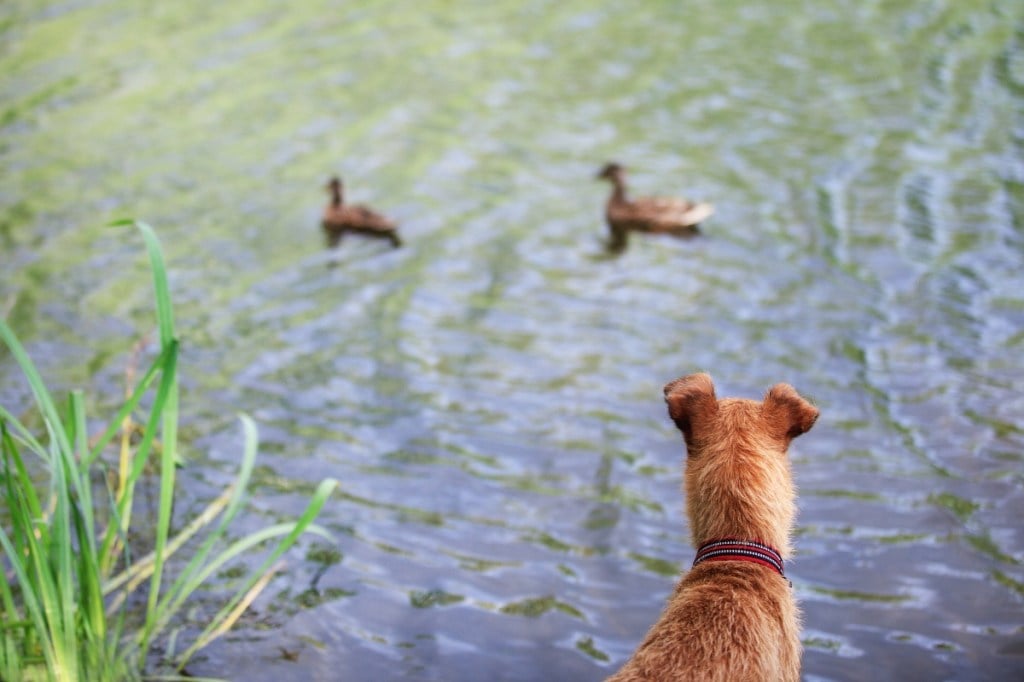You’ve decided you are ready to add a new BFF to the family. Congrats! This is going to be a rewarding time for your or for your whole family. Here are few tips to guide you in the right direction.
Where to Adopt
- Pet adoption is always a great option. Many shelters will have specific breeds as well as mixed breeds. If you’ve got your heart set on a specific breed of dog, breed-specific rescues also exist and often have pups of all ages.
- The larger gene pool present with mixed breed dogs makes them less likely to develop inherited conditions that are problematic, so searching for a “mutt” can end up being your best option.
- If purchasing your pup from a breeder, be sure to do your research to find one who’s reputable and has provided top care for your new friend. Responsible breeders not only have healthier puppies and don’t contribute to puppy mills, they also want their dog’s lineage to go to safe, happy homes.
Breeds
Many popular dogs have breed-specific needs (i.e. way energetic!) or genetic health conditions (i.e. hip issues) that you’ll want to be aware of before deciding to adopt. Also, if you live in an apartment, you’ll probably be especially interested in what your pup’s breed (or mix) is – check out our guide to Best Dogs for Apartments too!
- Brachycephalic breeds (“scrunch-face dogs”) such as Pugs and French Bulldogs are predisposed to conditions involving their airways that may require special care and potential surgery. Proper management, such as using a harness & keeping these guys at an ideal bodyweight is key. If you travel by air frequently and wish to bring your dog, it is not usually recommended to fly with squishy-faced pups.
- Many large breed dogs are prone to hip dysplasia (improperly formed hip joints). Being in the know early on about this condition can significantly impact the future health of your pup.
- Additionally, genetic health conditions like heart enlargement, skin conditions, and more can all be attributed to specific breeds. Of course we love every dog, so our advice is to immediately enroll in pet insurance so you can take care of any conditions that arise!
- If adopting a dog from a breeder, ask for breeding history, health of previous pups/parents, and for veterinary exam info – even with hip-grading radiographs of the dog’s parents! – to help identify issues that may be acquired down a genetic line.
Lifestyle
Most importantly, you should spend some time researching the energy level and attention requirements of all dogs and then matching your preferences to a breed with a similar athletic level. While Aussies may be photogenic and friendly, you may not be ready to exercise with them 2+ hours a day; or if you want a buddy to go hiking with, a tiny Chihuahua may not make it as far as you’d like. Either way, though, all dogs are individuals. Medium to larger dogs don’t necessarily make great athletes, while toys and miniatures can surprise you with their endurance!
For puppies: If you’re bringing home a puppy, be ready for a big time commitment, including crate training, multiple trips outside to potty train your puppy, and lots of supervision to keep them out of trouble. Some offices will even offer time off (or working from home) when adopting a new furry friend, and this is especially helpful when you have a puppy who needs to go out multiple times a day and is simply not mature enough to handle being alone.
Adding to an Existing Furry Family: Do you have children or other pets? Adopting a dog that has been in a foster home is a fantastic way to determine if they will be a safe and happy fit for your family. Fosters are also a great option if you want to limit the time involved with potty training and going through damage control with a new pet.
Expenses
Do not take adopting a dog lightly! While it takes a lot of emotional responsibility, the financial aspect is key. Be sure you’re financially ready to care for your new friend—you’ll need resources immediately available for 2-3 vet visits for puppy vaccinations, spaying/neutering, and additional vaccine boosters for an adult dog. Your vet can provide you with an idea of what to expect. Futhermore, you’ll need food, a crate or kennel, toys, treats, and accessories that can run into the hundreds.
And as we said before, don’t forget to protect your new pup with pet insurance. Advances in veterinary care are great for our pets, but the bills can add up fast. No policy covers pre-existing conditions, so don’t wait until your pet has an unexpected trip to the vet to consider getting dog insurance.
Get to the Vet
Before adopting, get your new pet’s vaccination status and the timeline for their next shots. Making sure they’ve been vaccinated appropriately thus far is crucial, but also booking an appointment with the vet as soon as your adopted pup or dog arrives is the best way to keep your pet healthy and happy.
Unexpected accident or illness? That’s what we’re here for! Many pet parents rely on pet health insurance to pay up to 90% of their vet bills, so they can focus on what really matters: getting great health care for their pet. Find out more by getting a free quote.








